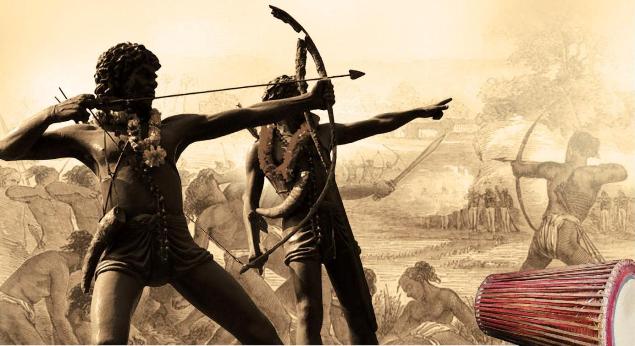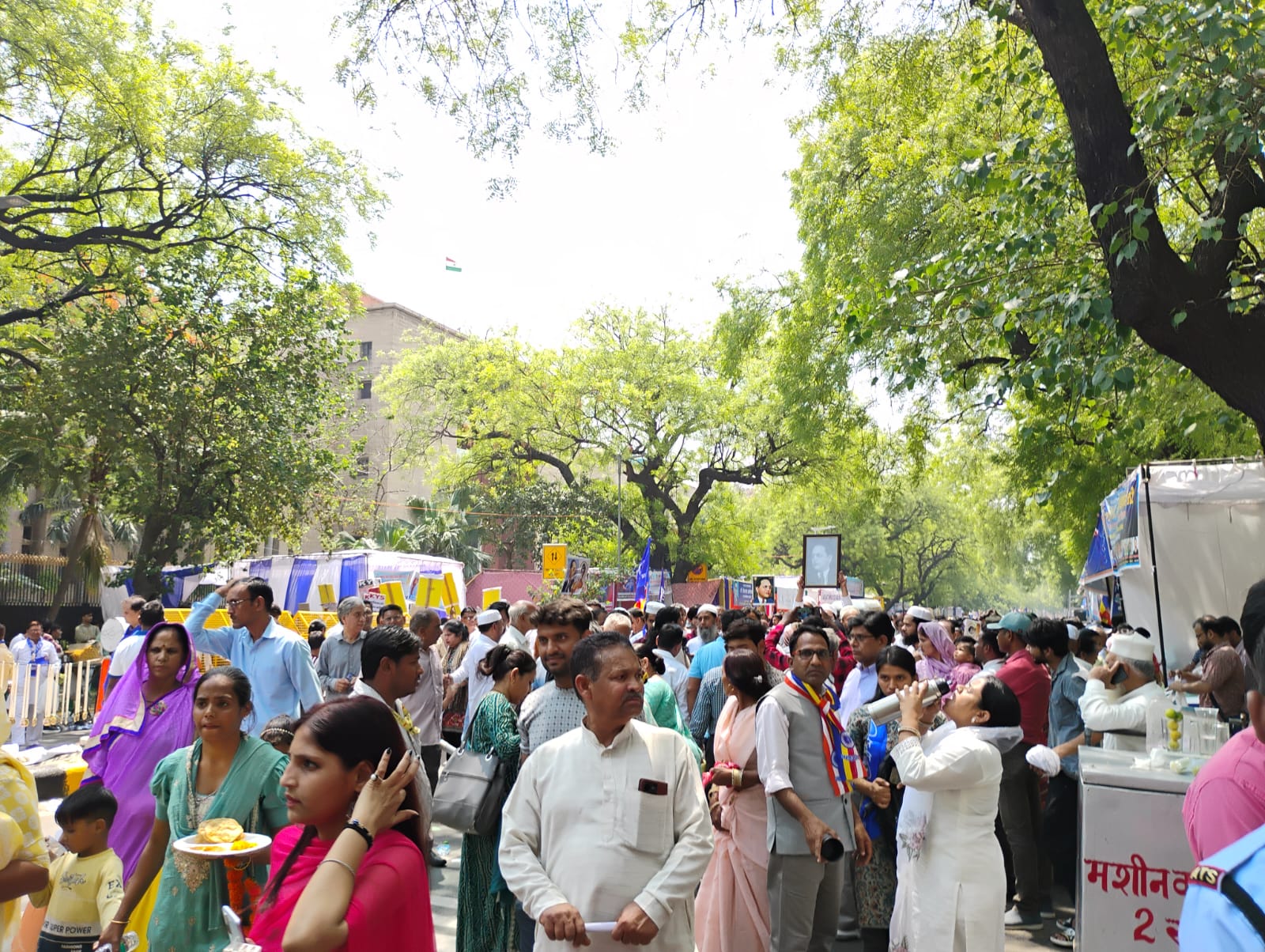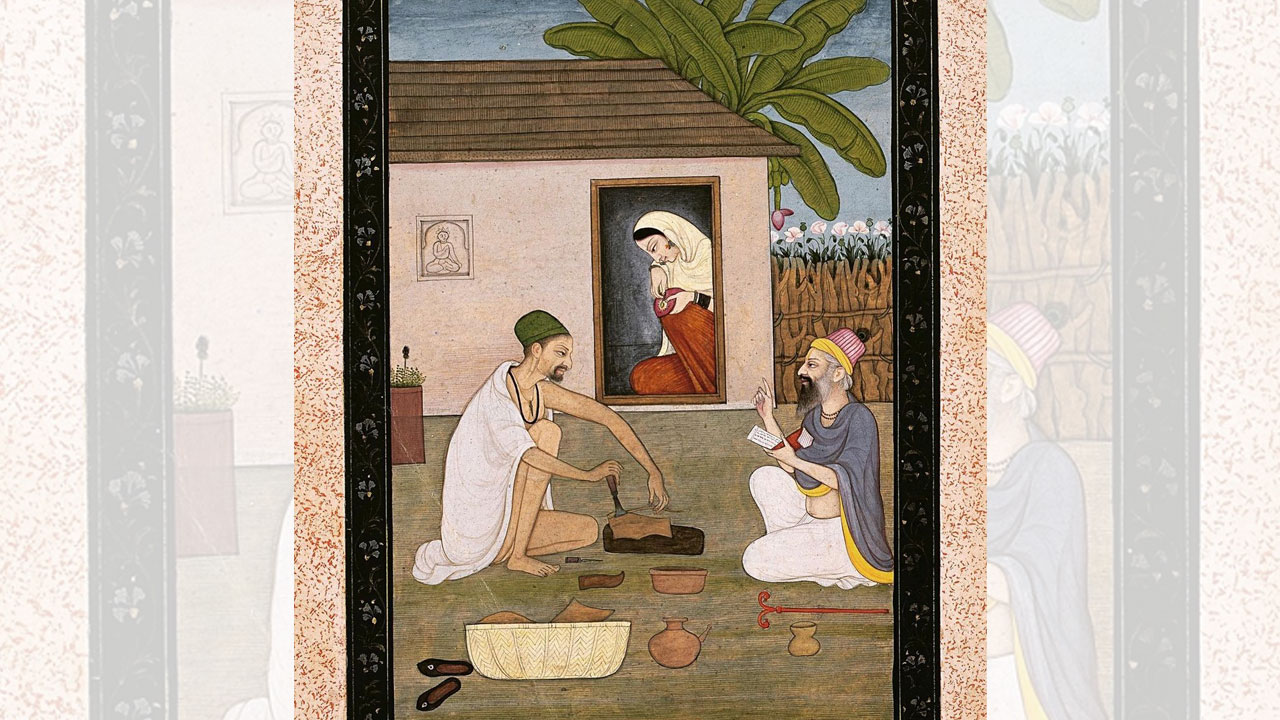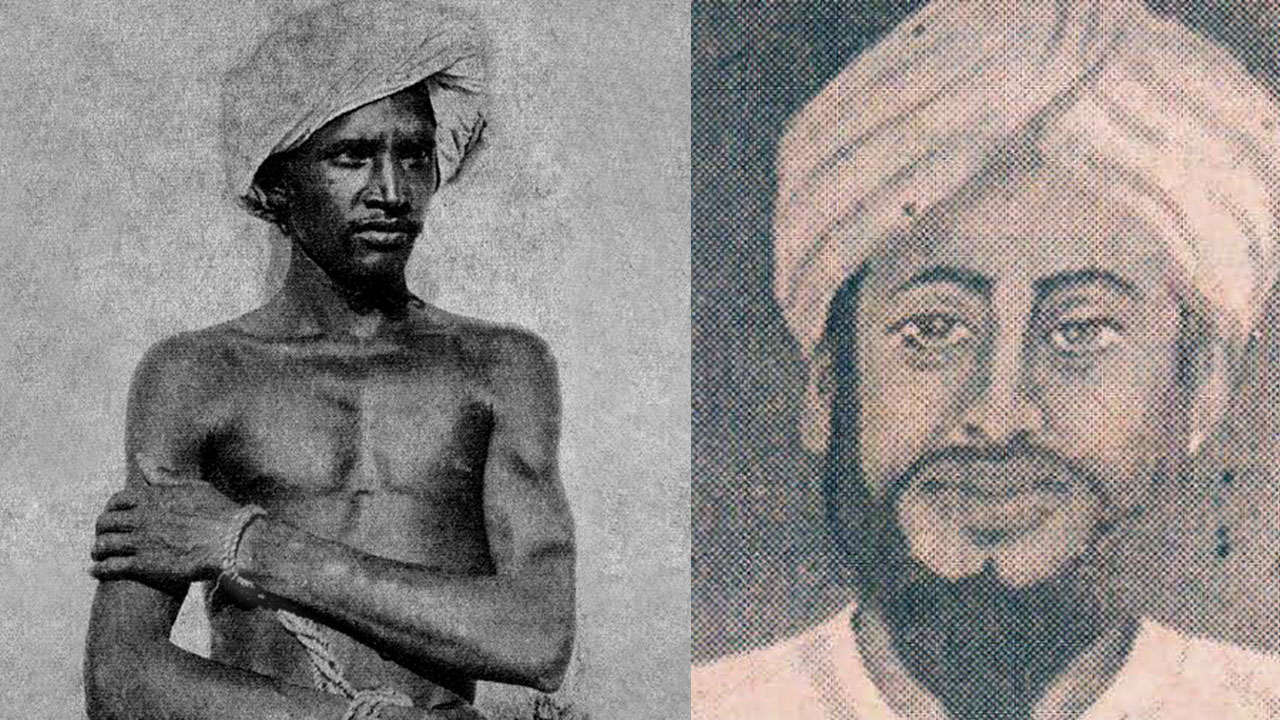Lahori Ram Balley (20 July 1930 – 6 July 2023)
Lahori Ram Balley, a veteran Ambedkarite and social activist, who passed away on 6 July 2023, was a household name among the Scheduled Castes of Punjab, a state known for its largest concentration of SC population in India. He was held in equally high regard elsewhere in the country as well as among the SC diaspora. Born on 20 July 1930 to Premi Devi and Bhagwan Dass at Nawanshahr, Balley inherited political activism from his grandfather, Chaudhary Inder Ram, an associate of Babu Mangu Ram Mugowalia, founder of the historic Ad Dharm movement. This movement generated social and political consciousness among the so-called lower castes in Punjab in the late 1920s.
L.R. Balley located the Ad Dharm Mandal report, by then a rare primary document containing the resolutions taken at the launch of the movement in Mugowal, Hoshiarpur, in 11-12 June 1926, among the scattered papers of his grandfather and gave it to Mark Juergensmeyer, a reputed American academic and pioneer of Punjab Dalit studies, who visited him in the early 1970s during his doctoral research on the formation of Dalit consciousness in Punjab. Eventually, the Ad Dharm Mandal report became the basis for Mark’s classic “Religion as Social Vision: The Movement against Untouchability in 20th-Century Punjab” (University of California Press, Berkeley, 1982).
However, Balley’s interest in Ambedkar’s mission was ignited by his paternal uncle, Hakim Gurcharan Dass, an ardent admirer of Dr B.R. Ambedkar. Gurcharan Dass was also closely associated with Seth Kishan Dass, the main financial backer of the Ad Dharm Mandal and the founder president of the Punjab Scheduled Caste Federation (SCF) in 1942 – the first Ambedkarite political party in Punjab.
L.R. Balley moved to Delhi in 1947 in search of a job after passing his matriculation examination. On 8 December 1948, he got the job of a “copy holder” in the government-run State Press. It was in Delhi that he got the opportunity to meet Dr Ambedkar at his residence, Bungalow No 1, Harding Road (presently Tilak Road). He used to take this road daily to his office. He attended the foundation-stone-laying ceremony of the Ambedkar Bhawan at Rani Jhansi Road, New Delhi in 1951, by Dr Ambedkar himself. In the words of L.R. Balley, “Though I got the opportunity to meet Dr Ambedkar only thrice, and saw and listened to him many times, the day 30 September 1951 proved to be a historic day of my life.” It was on this day that Balley promised Dr Ambedkar that he would dedicate his entire life to the fulfilment of Dr Ambedkar’s mission. It was hardly the best time to make this commitment. For, Ambedkar’s mission had almost come to a standstill in Punjab. Many leaders of SCF had deserted the mission and joined the Indian National Congress. Seth Kishan Dass, the founder of the SCF in Punjab, distanced himself from active politics and settled in Calcutta. Another veteran Ambedkarite, K.C. Sulekh, general-secretary, SCF, who just a month later had the honour of emceeing at a programme held in Ramdaspura (Boota Mandi, Jalandhar) during Dr Ambedkar’s visit to the city on 27 October 1951, became absorbed in a fulltime job in 1952, which prevented him from devoting quality time to the mission.
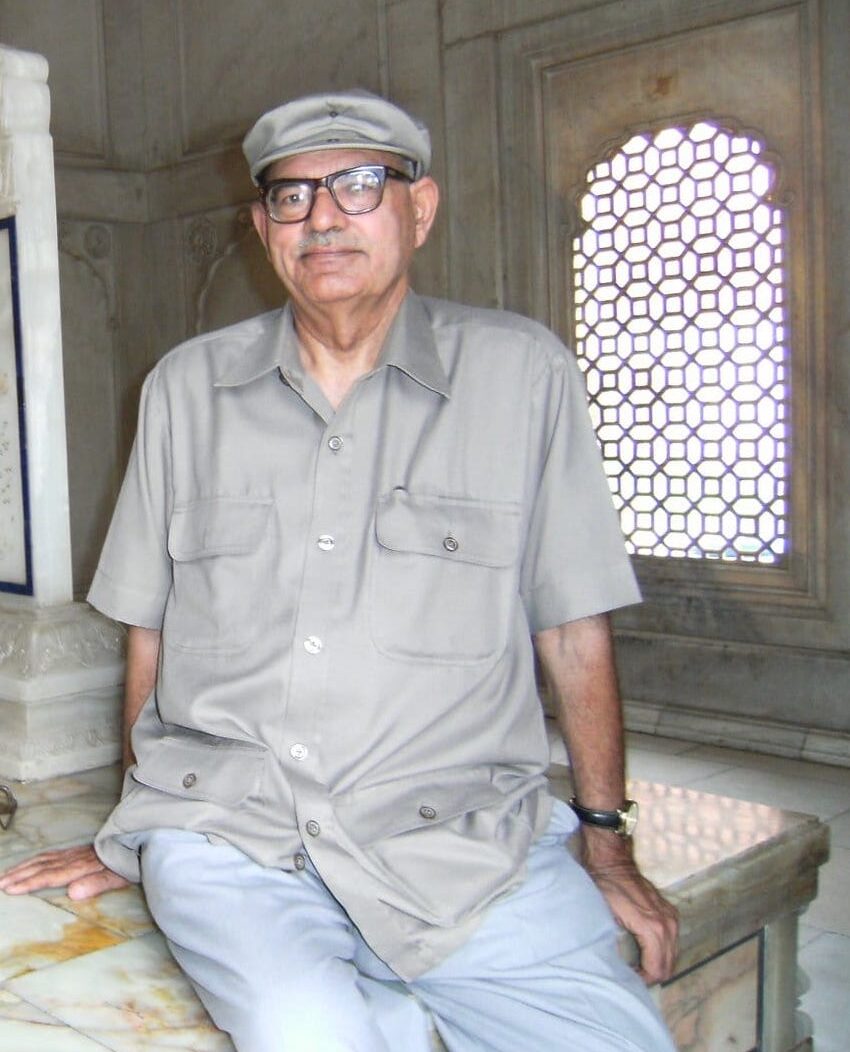
L.R. Balley kept his promise. After the passing of Dr Ambedkar on 6 December 1956, he quit his job, and never looked back. He revived SCF with the support of Charan Dass Nidharak, another veteran Ambedkarite, and soon established the Punjab unit of the Republican Party of India as envisioned by Dr Ambedkar. He had an Ambedkar Bhawan built at the place where Dr Ambedkar delivered his historic address on the evening of 27 October 1951. He founded Ambedkar Bhawan Trust, Ambedkar Mission Society, the Punjab wing of All India Samata Sainik Dal and Buddhist Society of India among others and led them all from the front till his last breath. He took Yashwant Ambedkar, son of Dr Ambedkar, on a whirlwind tour of Punjab during the second General Elections in 1957, and persuaded him to contest the 1962 parliamentary elections from the Hoshiarpur constituency. Balley himself contested the elections of 1957, standing against Congress candidate and union cabinet minister Swaran Singh. To spread Dhamma and further streamline the Ambedkarite mission in Punjab, he embraced Buddhism in 1963.
The following year, L.R. Balley held two major agitations for the acquisition and distribution of evacuee land (land that belonged to those who moved to Pakistan during the Partition) among the landless SC communities in Punjab. The agitations were launched under the banner of the Republican Party of India on 15 June and 6 December 1964 in collaboration with Charan Dass Nidharak. During this struggle, Bihari Lal Khaar, elder brother of Balley, provided free cycle repair service to a group of 101 activists who began their cycle march to Delhi from Chak Hakim Ravidass Mandir near Phagwara on 15 June 1964. Before the second round of this agitation that took place on 6 December 1964, Balley and many more male RPI leaders were arrested. Women leaders of the RPI then kept the agitation alive. On 26 December 1964, when Punjab chief minister happened to visit Jalandhar, they protested vehemently. Consequently, many women were arrested. Among them was Bibi Ajit Balley, wife of L.R. Balley, who was also sent to jail along with her two small children, Rahul and Sujata.
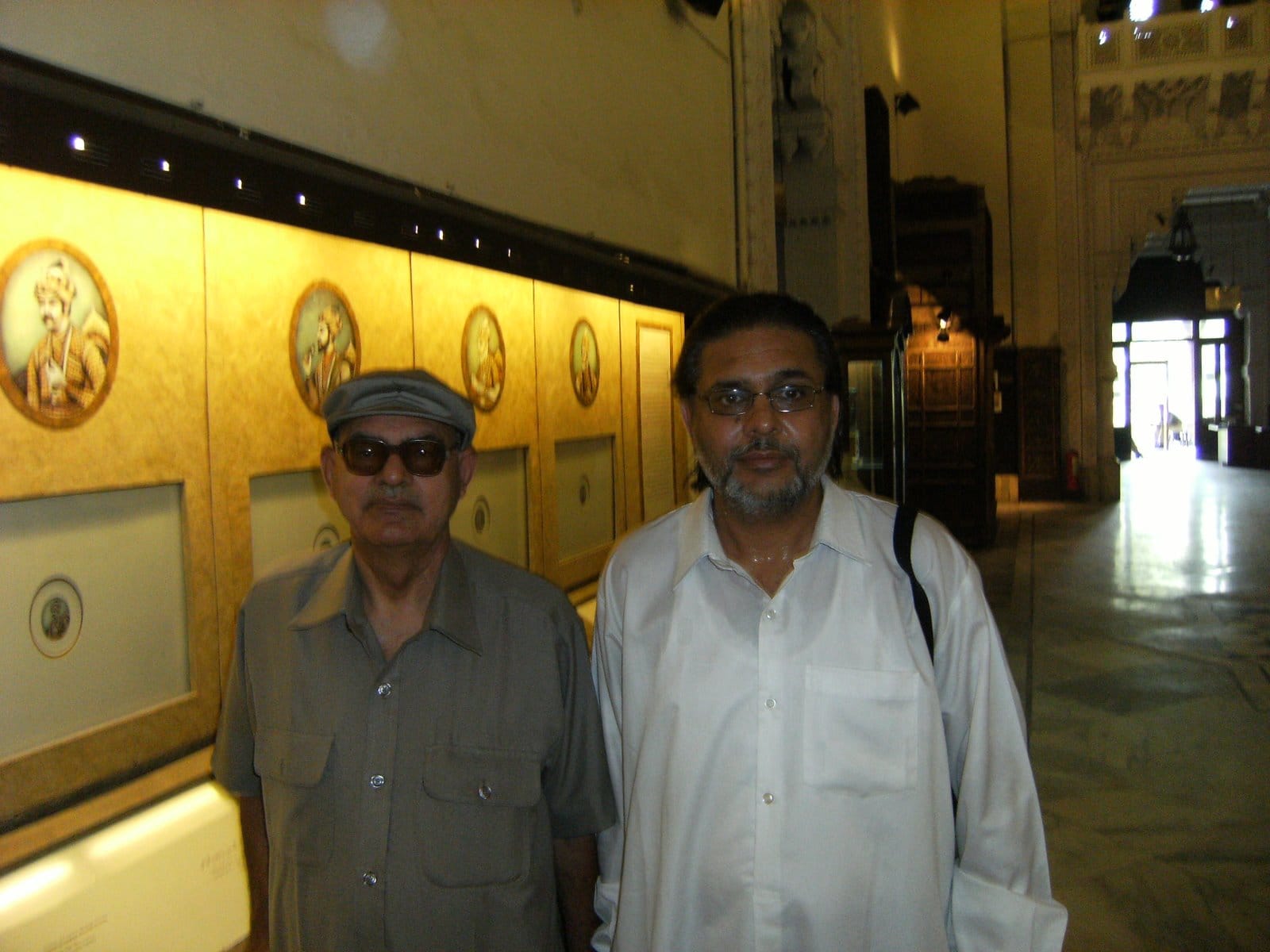
Among the many noteworthy contributions of Balley, the establishment of Bheem Patrika, an Urdu-Punjabi monthly, in 1958 is the most significant. Its first issue was published in May 1959. Since 1965, it has been published in Hindi, with select articles in English. Apart from the monthly journal, Bheem Patrika Publication also began publishing writings and speeches of Dr Ambedkar long before the Government of Maharashtra did so. It also published numerous booklets on Ambedkarite literature, including books authored by L.R. Balley. Ambedkar Bhawan and Bheem Patrika Publication, meticulously nurtured by Balley over the years, have become the most sought-after academic spaces in Jalandhar. Scholars, social and political activists, researchers and journalists from within the country and abroad frequent these spaces.
Balley was a prolific writer and an eloquent orator with equal fluency in Punjabi, Hindi, Urdu, Farsi and English. He did not mince words, and was known for his hard-hitting, blunt speeches and writings, so much so that several cases had been lodged against him and some of his booklets, including the ‘Rangeela Gandhi’, were banned. I had the honour of interacting with him many times, including an opportunity to spend an entire week with him as we participated in an international conference on Dr Ambedkar held in Lahore in June 2008. I found in him a cordial and at the same time an uncompromising personality, and an activist thoroughly dedicated to the mission of Dr Ambedkar. He inspired, and continues to inspire, millions with his forceful views and interpretations, sowing seeds of hope even in times of hopelessness. That was a well-lived 93 years.
Forward Press also publishes books on Bahujan issues. Forward Press Books sheds light on the widespread problems as well as the finer aspects of Bahujan (Dalit, OBC, Adivasi, Nomadic, Pasmanda) society, culture, literature and politics. Contact us for a list of FP Books’ titles and to order. Mobile: +917827427311, Email: info@forwardmagazine.in)


